|
We asked the members of the 2020-2021 Student Committee to answer some questions about themselves to help you get to know who they are and what they do.
We asked the members of the 2020-2021 Student Committee to answer some questions about themselves to help you get to know who they are and what they do.
We asked the members of the 2020-2021 Student Committee to answer some questions about themselves to help you get to know who they are and what they do.
We asked the members of the 2020-2021 Student Committee to answer some questions about themselves to help you get to know who they are and what they do.
We asked the members of the 2020-2021 Student Committee to answer some questions about themselves to help you get to know who they are and what they do.
We asked the members of the 2020-2021 Student Committee to answer some questions about themselves to help you get to know who they are and what they do.
We asked the members of the 2020-2021 Student Committee to answer some questions about themselves to help you get to know who they are and what they do.
By Haley Potts (2020-2021 Chair-Elect) Graduate school in psychology and/or law is a challenging time for anyone. Your schedule is full, your inbox is overflowing, and your to-do list is never-ending. It’s tempting to fall into an “I’ll do that after grad school” trap, as personal goals (e.g., developing healthy routines, learning a language, or even starting a family) take a backseat to research, coursework, and internships. Summed up in platitudes like “self-care “and “work/life balance,” we know that these sorts of meaningful life choices are what make us full and happy human beings; so, can we really wait these three to seven years (or more!) before we start living? I wanted to know what parenthood might look like for graduate students, a population that is disproportionately female, overwhelmed, and at or beyond the average child-bearing age (i.e., late twenties to early thirties). So, I asked two psychology and law graduate students to explain how they balance the joys and chaos of parenthood with that of graduate school. A big thank you to Claire and Anna for their honesty and wisdom! * Claire, Clinical PhD law and psychology student, two children (ages 34 and 28), and one grandchild (age 2) * Anna, Experimental PhD law and psychology student, two children (ages 3.5 and 11 months) Finally, make sure to check out @PandemicParent on Twitter, a science-based COVID parenting resource developed by two parents and professionals in law and psychology (Drs. Lindsay Malloy and Amanda Zelechoski). What are the benefits of having children while in graduate school? Any disadvantages? Anna: Children, in general, help you take perspective. They remind you of what’s important in life and force you to prioritize those things. They are not flexible or understanding. So, in a moment when you need to choose between an interesting webinar and baking with your toddler, or between a symposium and family dinner, they force you to choose. And I assure you, when you’re sitting in an ER in the late hours of a Sunday night, that research paper you were supposed to complete or that data waiting to be analyzed is the least important thing in your life. Important as it is, it isn’t nearly as essential as your real world, your commitment to your family or your responsibilities as a spouse and parent building a home. Don’t get me wrong – I assign enormous value to the work I do. And in some ways, my children are the very reason I do it – to create more kindness and justice in the world they will occupy. I do what I do so that one day I can tell them that their mother saw injustice and moved heaven and earth to do something about it. But in the end of the day, my children remind me that my tombstone will not list my academic publications. It will not list the committees in which I participated, or the guest lectures I’ve been invited to teach. But it might reveal that I was a loving, patient, kind parent who loved my children more than life itself. I’m reminded that maybe our part in creating more justice and goodness and love in the world starts at home, raising children who have values of defending and protecting human dignity, of standing up for what’s right, of knowing when to be polite and when to shout at the top of your lungs until someone will hear you demand rightness. From a more practical lens, being a parent student also has very specific advantages as it pertains to my actual work. I have learned to juggle and to compartmentalize like a pro. Which means that my “work” time is hyper-productive. I sometimes feel like I can get done in one hour what many non-parents get done in four, because I have no choice. Especially these days, when I am literally a stay-at-home parent (I did not sign up for that!!), my workday starts at 8pm and often ends at midnight or 1am. I don’t have the luxury of binge-watching the hottest show, I don’t have the luxury of having time to complain about being too tired. There is no other time. I have no choice. So, I get it done. And I do it well, because my work gets my entire attention when it finally gets my attention at all. No one knows self-motivation and hard work like a sleep-deprived parent. It’s not all rainbows, though. Parenting – even if your child is in daycare/school all day – is a full-time job. I don’t mean that as a hyperbole: you are literally on call every minute of every hour of every day. And every night. Forever. It’s a privilege, but it’s a huge challenge. It’s a privilege that means sacrifice. You can be a star in school. You can achieve just as much as your colleagues – if not more. You can rise to the top and become number one in your field. But when that phone rings and the school nurse is on the other end of that line, you drop everything and you go. Claire: My oldest son had already left home when I began college at age 48 (now 56). The youngest was just finishing high school. The only advantage I had was not having to pay for college while I had a dependent at home. I have noticed at my current academic institution, my program provides free healthcare for the graduate student, and reduced healthcare for their family/children. My university also provides and free childcare for families, and a designated location for graduate student family housing. How has being a parent impacted your research and/or clinical work? Anna: To be honest, it hasn’t much impacted my research. I think I would probably be doing a bit more research if I were not a parent, but that’s not the life I chose. And I am completely and totally whole with my decision to build a family and raise tiny human beings who themselves will change the world one day. I’m still fully committed to my work, and I am doing my research and moving ahead with my requirements for my degree. Claire: I noticed how my clinical training impacted my being a parent. My first practicum was in my university's counseling center, and I couldn't help but think about parenting styles. Parents who PUSHED their students to be "perfect" compared to my own style of allowing my sons to follow their own pathway in young adulthood. Have the heavy or dark parts of the psycholegal world (e.g., researching psychopathy or working with offenders who commit crimes against children) impacted how you parent? Anna: The dark parts of my work haven’t impacted my parenting in a negative way, they’ve just opened my eyes to some very real challenges in this world. The way I speak to my children about police or about their rights or about what they should expect in the world is now just more informed and well-rounded. Our home is a place where we discuss any topic, and we’re very open with our children about the reality of our world. I think my education has really helped me become a more informed parent in that way. Claire: The intersection of my research and in law & psychology often causes me to worry about the safety of my sons. My previous and current practicum has placed me in the adult and juvenile justice jails and courtroom. Some of the recounting of police response and behavior at time of arrest of defendants of color (compared to White defendants) are clearly different, and more violent. Although my sons do not look as though they have Black roots, they do and in the current climate of race, policing, and racism in America, I wake up every morning, look at my mobile phone and feel relieved to see there are no messages of concern. What advice do you have for graduate students about to become parents? Anna: I’d tell them that no parent is perfect. Far from it. And that the juggle is very difficult. But it is so worthwhile. You don’t get rewarded and you don’t get acknowledged, but you’re doing something extraordinary. I’d also say that having a social support system in place is a huge source of relief and strength when you’re a student parent. Very few fellow students understand what it means to have children while trying to complete graduate school. Even those who want to understand… they just can’t. Find people who do understand and share your struggles and frustrations and joys over a margarita (or three) once in a while. Have at least one person you can text at 3am. And just remember not to compare yourself to anyone else – this is your life, your ride of a lifetime. Claire: My advice would be to wait until you have finished your program to have children. The stress of clinical work keeps me away from communicating with my sons and granddaughter. Pre-COVID, I only saw her during Fall break (in October) and when the academic year ended (in May). Each visit was generally for a long weekend, and that was it. Only photos and the odd telephone conversation kept me close to my children. If you do decide to have children, try to keep your family very small (I recommend only 1 child) because children need their parents' love and attention (especially when they are not well) to learn and grow. What do your kids think of your work? Or what do they tell other people you do for work? (Only if they are old enough for this, of course)? Anna: They’re a little young to fully understand, but they know that I do work to try to help make the world better. They know that I try to understand why people behave the way that they do, so that we can all understand the world a little better. It’s a little vague, but it works at 3 years old. Claire: My sons are supportive of my work and research. They do praise my successes, however, I tend to keep a lot of what I am doing to myself (I don't really know why I do that actually) because I do not want to come across as bragging. However, this week I defended my master's thesis and passed. I shared that news with my sons (via text :( message) and they were both very supportive and caring with their congratulatory words. Basically, I just want my sons to be happy with the fact that I am trying to be an educated mom, grandmother, mentor, and example for women in science, and for women of color in science. I mostly want to have my PhD degree so I can hand it to my one and only grandchild. To be honest, I haven't really asked my sons what they say to other people about their non-traditional, PhD seeking graduate student mom/grandmother. I can only hope they are proud and share any stories about my journey in a positive light. Ever wonder who is behind all of those #SomethingfunSunday posts? Well, wonder no longer. Meet Dana Formon, your Communications Officer. Dana works hard to keep you all up to date via our Twitter and Facebook accounts as just one of her many responsibilities on the Student Committee. On top of being a hard worker, she is very friendly and committed to our student members. Keep an eye out for her at the upcoming March conference! What first got you interested in law and psychology? My first interest in this field was actually when our Student Chair, Meghann Galloway, TA’d the lab portion of my Intro to Psychology course at Drexel University (for real!). On the first day of class she told us about her experiences interning at the FBI and I just remember being really interested in her experience and wanted the same for myself. With her help, I was able to join a forensic research lab on campus and it was history from there! I have just always found every aspect of this psychology-law really interesting, which was meaningful to me, so I decided to stick with it. If you weren't in graduate school, what would you be doing instead? I’d want to travel with either the Peace Corps or Remote Area Medical. Do you have any hidden talents? I used to be a part-time professional modern dancer, so I have a knack for anything related to physical activity (except playing DDR for some reason). I really enjoy doing half-marathons, full marathons, and multi-sport events…but I don’t know if you could consider them talents perse because I think anyone is capable of doing those things. :) What is your favorite thing about being on the Student Committee? The people I work with! I find that more always gets accomplished when you have a group in charge, and I love how we get together to share ideas and make fun things happen for AP-LS and especially the student members of AP-LS. Everyone on the committee always has great things to bring to the table and our fearless leader has a really great vision for how we can improve upon what the Student Committee does for it’s members. What is your favorite thing about AP-LS? I really like the networking opportunities you get. I feel like the AP-LS Conference is the one place where I can listen to a research presentation, get really excited, and then run up to the researcher after the fact and just start throwing around questions and ideas. I feel like our field at large is really interesting, and the people who do the really interesting research are always very helpful and wonderful to talk to. If you ask one question about someone’s research, chances are it’ll turn into an amazing 15-minute conversation and lots of potential for collaboration. What is one of your professional goals? I want to be able to tie my forensic interests into my hobbies. I love animals, and I love running…so a professional goal I have for myself would definitely be to either begin a K9 rehabilitation program in a correctional facility (since that’s already something some facilities do), or to start an exercise program or running club for offenders (or ex-offenders as part of a rehabilitation program). If I could achieve both, I’d die so very happy Congratulations on making it through another Fall! After working so hard throughout the term, winter break can be a great time to recharge your batteries and prepare for a fresh start in 2016. Still, we all know what it feels like to reach the end of winter break wishing you had done things differently. Maybe you stressed yourself out too much trying to get everything done, and now you are burned out even before classes have started. Or maybe you prioritized relaxing and having fun, but you wish you had been more productive. There is definitely a Goldilocks situation when it comes to productivity during a long vacation, and so the Student Committee teamed up to give you our top tips for making the most out of the winter break!
|
About the Editor:
The American Psychology-Law Society (Division 41 of the American Psychology Association) Student Committee is composed of elected student leaders representing the interests of our student members. Categories
All
Archives
June 2024
|
|
Except where otherwise noted, content on this site is licensed under a Creative Commons Attribution 4.0 International license. Icons by Icons8
|
|

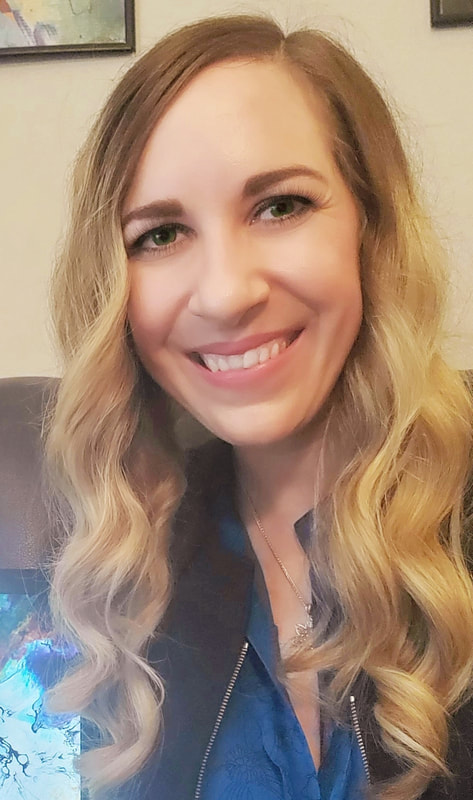

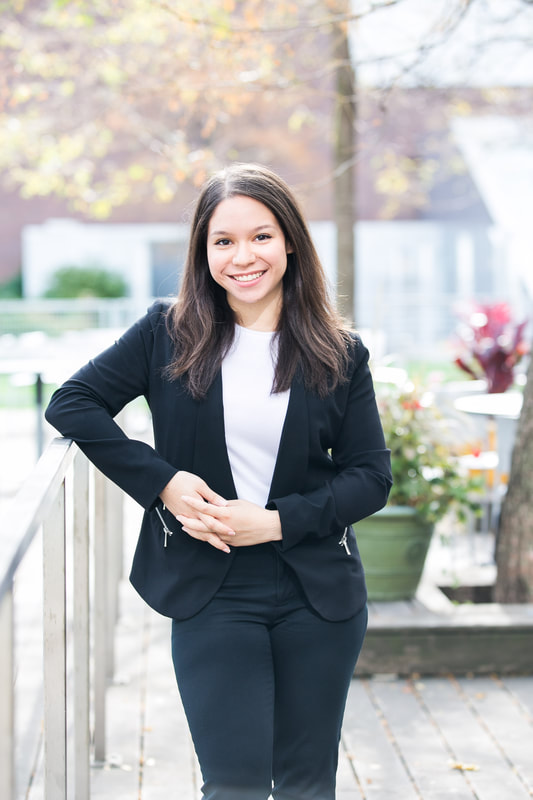
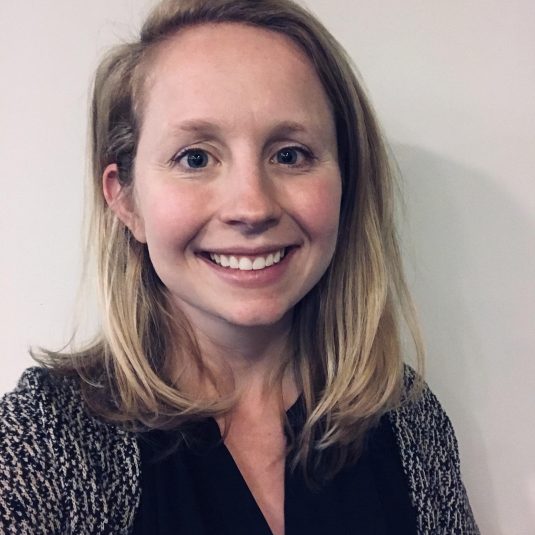
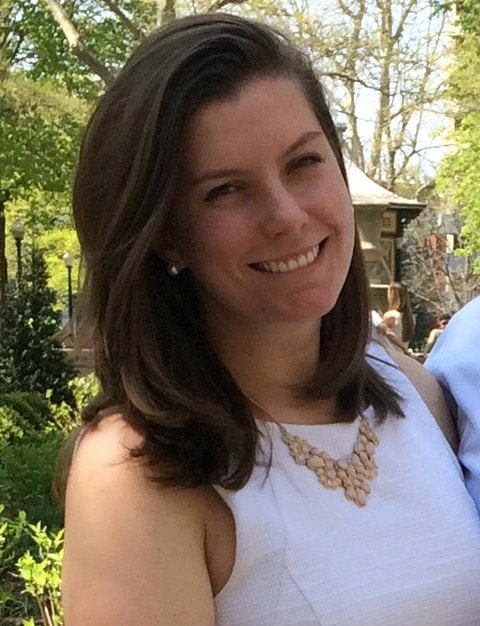
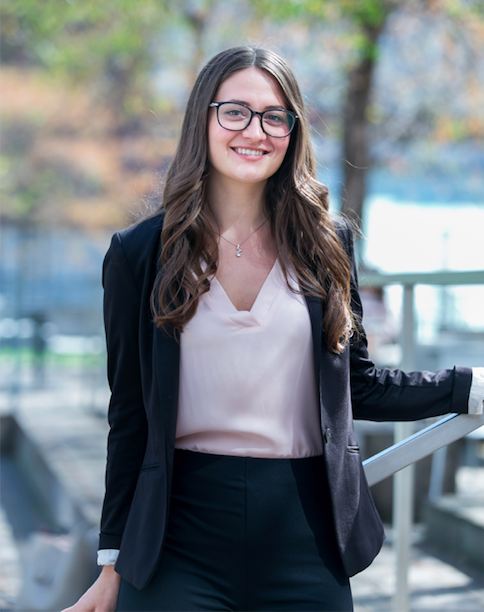
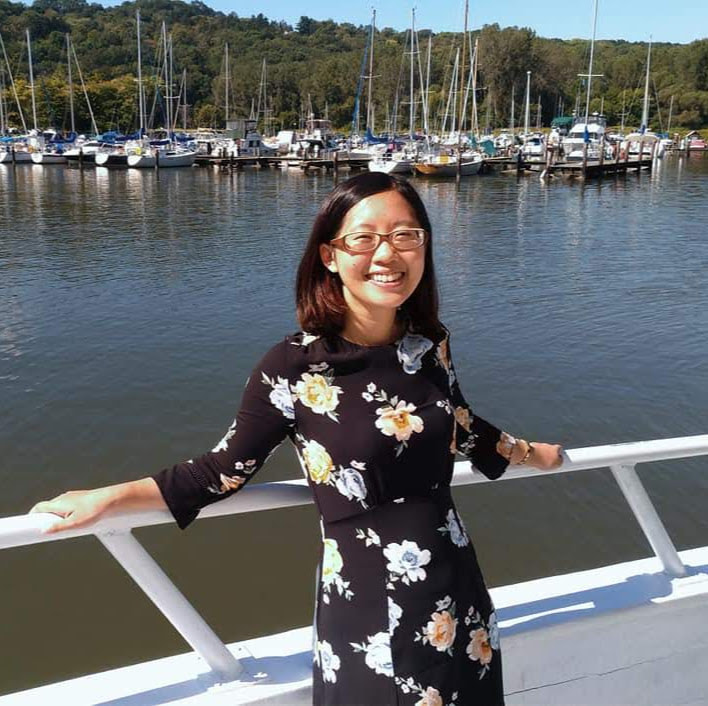
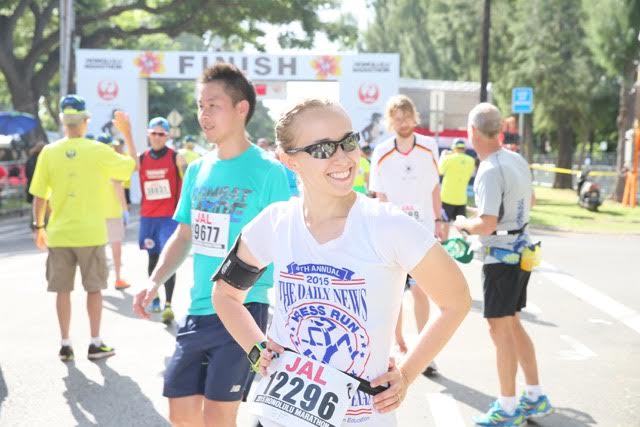
 RSS Feed
RSS Feed
